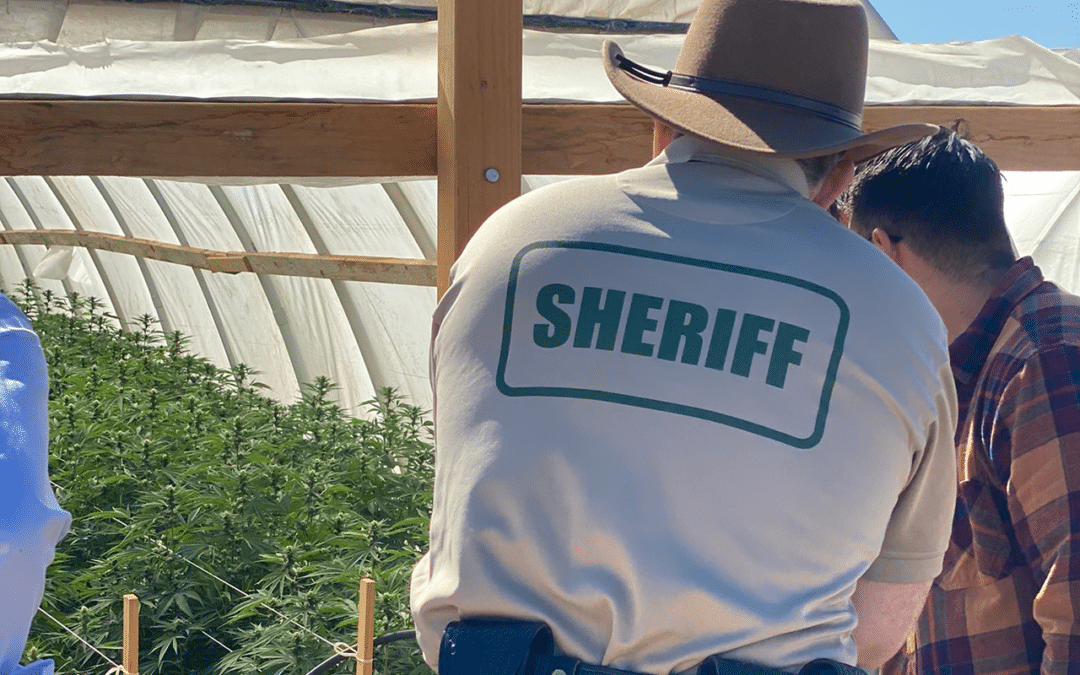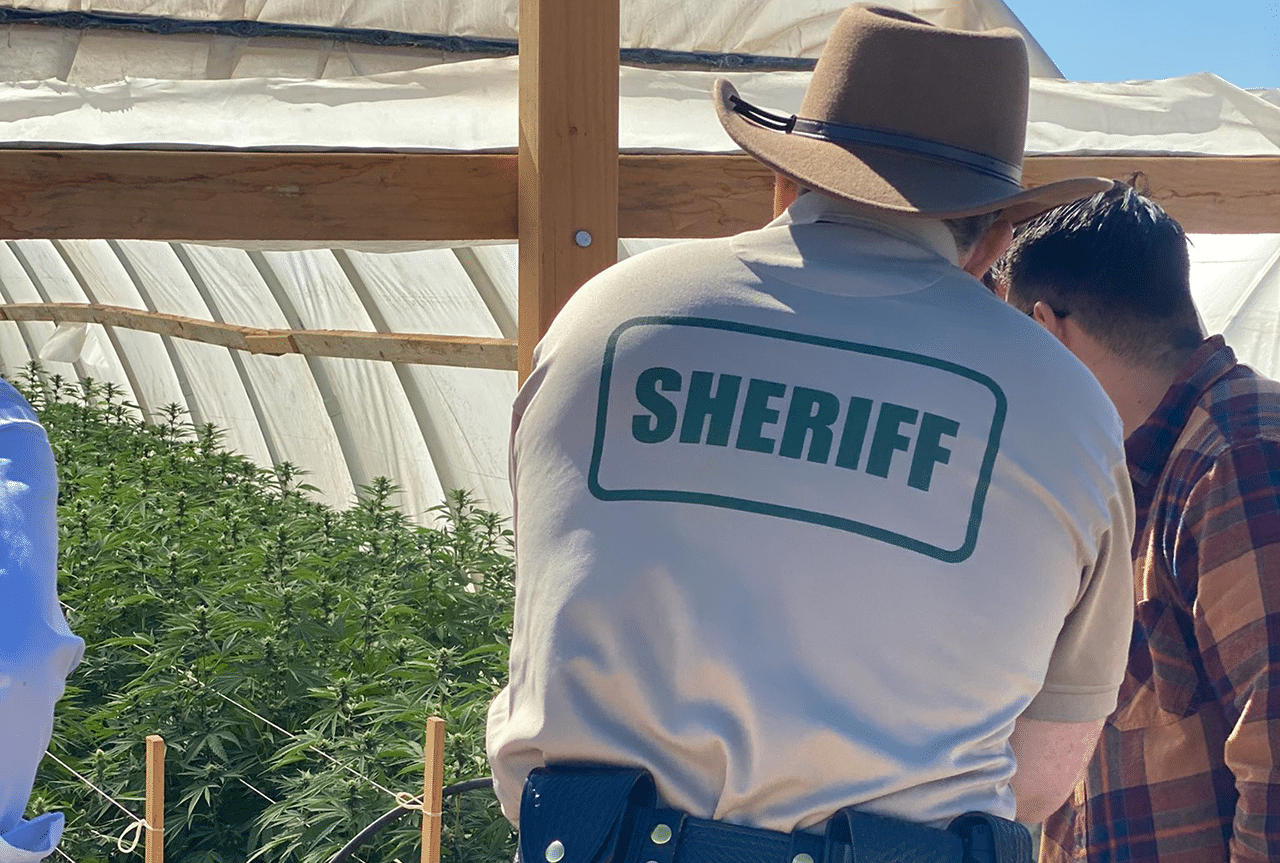
Despite legalization, California black market still thriving

Lake County has some of the largest acreages in permitted cannabis grows in California. Yet, despite a legal market, illegal grows are unfairly undermining the profitability of lawful cultivators.
This illegal market that voters sought to eradicate with cannabis legalization is quickly eroding the permitted industry and threatening public safety. Amounting to an estimated 80% of all cannabis sales in California, the market is saturated with low-cost illicit product. Cannabis cultivators are unable to compete.
As the underground economy thrives, so does criminal activity and environmental harm.
Rural counties with land and industry prime for cannabis cultivation are at the front lines of this battle, including those in the Sacramento region. During a time of limited staffing and competing priorities, local governments require increased state funding for enforcement.
The path for the legal industry is already challenging. Growers face a long permit process, including extensive state-mandated environmental review and higher taxes intended to help monitor and ensure public health and safety.
Distribution is also affected by the struggles of the state’s licensed retail outlets, which must compete with illegal retailers that similarly flourish due to limited enforcement resources.
Unencumbered by these obstacles, illicit growers and suppliers can sell product at half the cost and distribute them nationally. The negative impact to residents and the environment from this activity is significant.
A 2020 raid on illegal cannabis grows in Lake County resulted in the seizure of over 51,000 plants and the discovery of 40 state Fish and Wildlife violations. This included storage of chemical pollutants near waterways and usage of underage labor. Stories like these are echoed across the state, with illegal grows linked to violent crime, environmental damage and wildfire.








